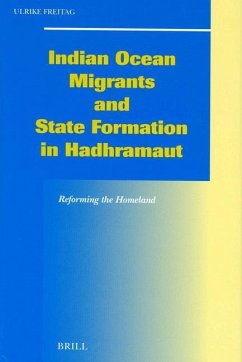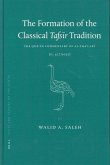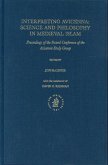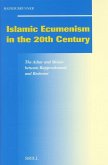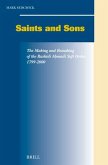The author discusses the modern history of Hadhramaut in a novel way. Linked to the Indian Ocean through a long history of migration, she traces the ways in which members of the diaspora and travellers interacted with the homeland through their remittances, political initiatives and the introduction of new ideas and institutions. The book is based on a wide range of hitherto unused Hadhrami and British sources as well as on fieldwork in Yemen and Indonesia. Exemplary life-histories of merchants and scholars illustrate the wide range of concerns for the establishment of stable polities in a tribal society. This is linked to the careful analysis of the impact of imperial rule both in the lands of the diaspora and in Hadhramaut in chapters focussing on state- and institution-formation. Developments in Hadhramaut are regarded as a prism for the development of modernity in the wider Muslim and Indian Ocean worlds which was adapted to local conditions and needs.

